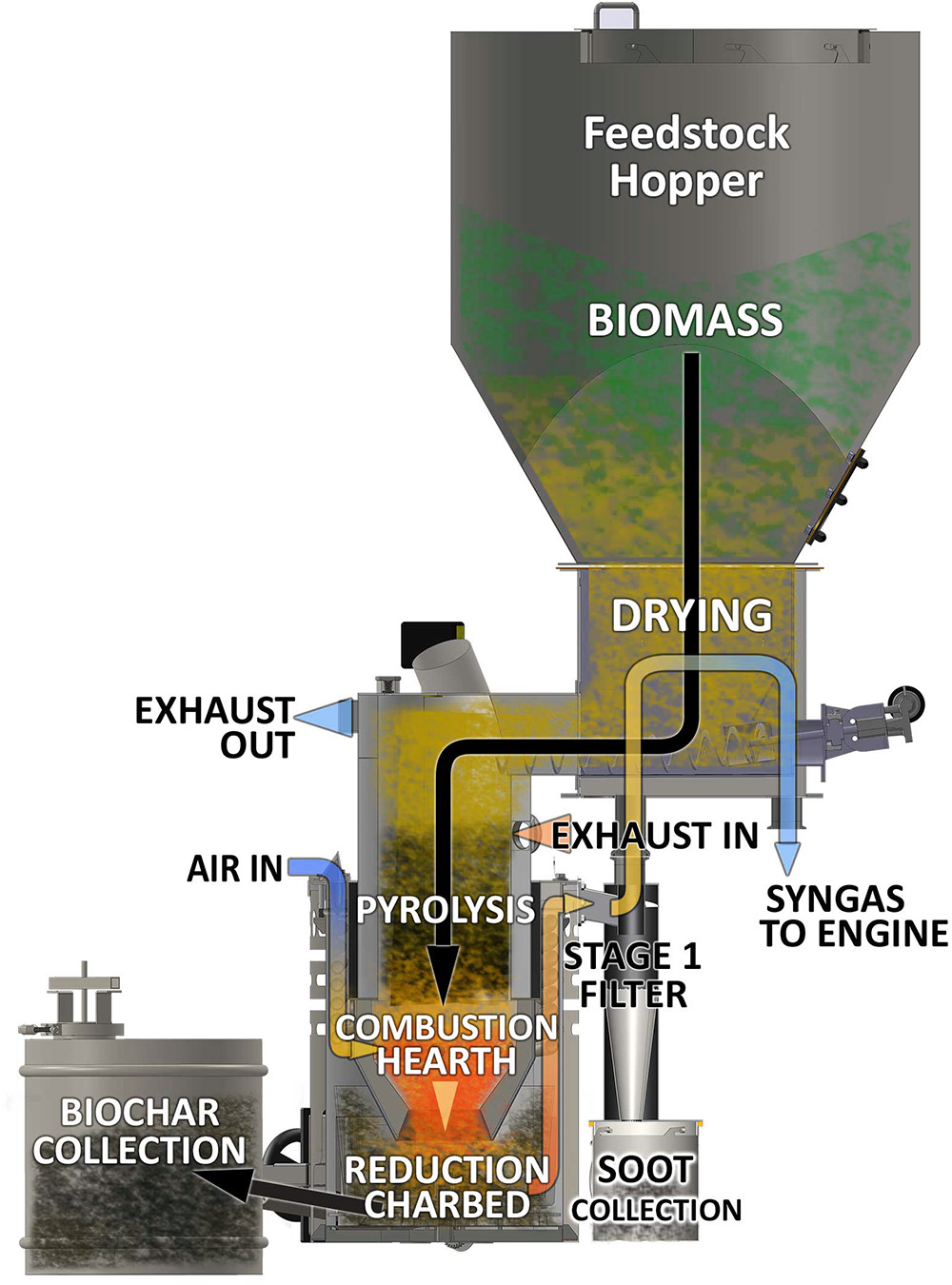Renewable Diesel from MSW and Biomass

You may wonder what “renewable diesel” is. It is chemically similar to fossil fuel derived petroleum diesel, but is completely sustainable and renewable. To really appreciate the difference you need to know about all of the varieties of diesel:
Petro-Diesel: Traditional (fossil fuel-based) petroleum is made from crude oil; organic compounds, hydrocarbons, and trace amounts of metal trapped under the ground millions of years ago. This crude oil is pumped from the earth, transported into a refinery, and, through a heat & pressure-based process called hydrogenation, converted into Diesel fuels.
Biodiesel: Made from animal fats or vegetable oils ,which are renewable, instead of petroleum, biodiesel doesn’t require fossil fuels. It is processed in an alternative method different than petro-diesel called transesterification. The transesterification process injects oxygen into the fuel, causing various negative issues with freezing temperature, algae growth, separation during storage, and more polluting emissions. Biodiesel is frequently blended with petroleum diesel at a ratio of 5 – 20%..
Renewable Diesel: similar to biodiesel, renewable diesel is made of non-fossil fuels, but instead of just animal fats or vegetable oils,
it uses a range of waste agricultural products, such as vegetable oils, natural fats, and greases.So, for example, the waste derived from soybeans and livestock, can be refined into a clean, low-carbon renewable fuel.
Renewable diesel is not processed the same as biodiesel though. Renewable diesel is processed more similarly to how petroleum diesel is produced, making it chemically the same as petro-diesel.
This gives it a few advantages:
- Renewable diesel doesn’t contain oxygen, because it’s hydrogenated, meaning it does not have a few of the downsides of bio-diesel. For example, it does not have the higher freezing temperature and storages for much longer before seperating.
- Because renewable diesel has the same chemical structure as petroleum diesel, it can be used in engines designed to run on conventional diesel fuel, without blending them.
- Because of hydrogenation, renewable diesel also burns cleaner, with less pollution, than biodiesel.

